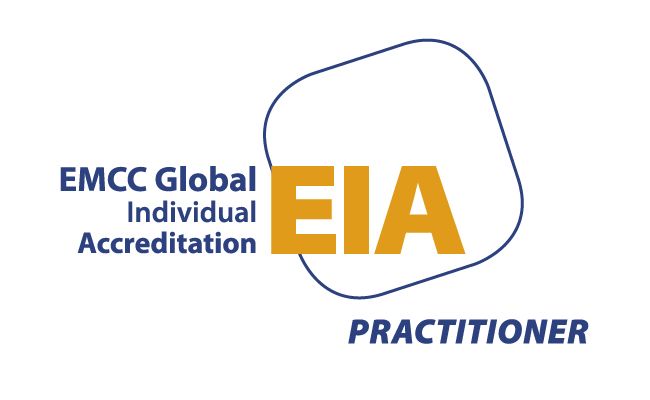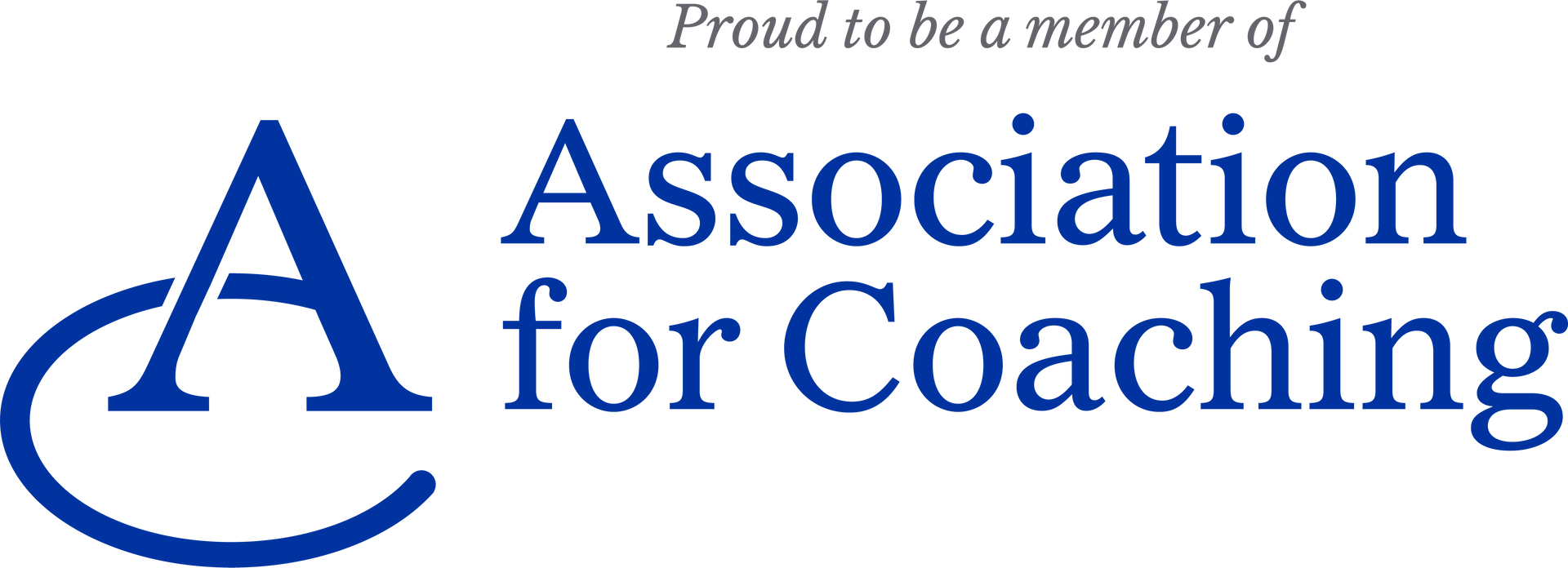How much does Coaching cost?
Barbra Carlisle • May 1, 2025
Tips on how much you should expect to pay when working with a coach

Coaching is often discussed as a powerful tool for personal and organisational growth — but is it really worth the cost? And what should you expect to invest?
Let’s unpack the true value of coaching for leaders — with a specific look at what it costs in the UK and why it might (or might not) be the right decision for you.
Leadership coaching varies widely in price depending on the coach’s experience, the format, and the depth of the programme. I would also argue that it is based on what the client is willing to pay, and their perception of coaching as a valuable learning tool.
🔹 Hourly Rates:
According to the Institute of Leadership and Management (ILM) 2023 Coaching Revolution report, leadership coaching in the UK typically ranges from £150 to £500 per hour. Other studies suggest that coach rates vary depending on which part of the UK you are in, and what type of coaching you are looking for. In effect prices ranged from £60 to £600 per hour!
🔹 Programme Packages:
Structured programmes where a client works with a coach for six to twelve months tend to range between £3,000 and £15,000. Variations depend on what the client wants as part of that package, as well as the core coaching charge from the coach.
A coaching package may include psychometric and diagnostic assessments (like 5 Voices and Emergenetics), goal setting, and outcome reviews. It can involve a on hand coach, available at the end of a phone when needed.
🔹 Group vs. Individual Coaching:
Some organisations use group coaching (for example, with leadership teams), which reduces costs per head while still delivering significant benefits. The downside is that deeper personal issues that are blocking leaders views of themselves would not be explored in group coaching sessions, due to levels of psychological trust, the goals of the group coaching and time constraints, and more importantly to protect the wellbeing of coaching participants.
Important!!!
Accreditation matters.
Look for coaches accredited by EMCC UK, AC UK (Association for Coaching), or the ICF UK Chapter.
Experience matters.
Coaches with board-level leadership experience or specialist expertise (e.g., merger integration, scaling organisations) often charge more.
Why Invest in Coaching
It’s not just about having someone to talk to.
Research consistently shows that coaching delivers measurable benefits:
✅ Improved Performance:
The Chartered Institute of Personnel and Development (CIPD) found in its 2023 Learning and Skills at Work report that 71% of organisations that invest in coaching reported noticeable improvements in individual performance.
✅ Enhanced Leadership Capability:
67% of organisations noted stronger leadership abilities among coached individuals which can be critical for succession planning and strategic resilience.
✅ Greater Organisational Success:
A 2021 study commissioned by BEIS (Leadership and Management Skills in SMEs) found that UK businesses with structured leadership development including coaching, are more than twice as likely to survive and grow compared to those without.
✅ Wellbeing and Retention:
In a separate 2022 report from ACEVO, charity CEOs who accessed regular coaching or mentoring support reported higher resilience, lower burnout rates, and longer tenure.
I would also argue that giving your people space to think, shout, cry, explore and dream is the best employee benefit you can gift your employee.
When to Consider Hiring a Coach?
Coaching isn’t a "nice to have" though people only tend to turn to coaching at moments of crisis, rather than moments of opportunity.
Here’s when investing in a coach could be transformative:
📈 During Organisational Growth or Transition:
If your company is scaling, merging, restructuring, or navigating crisis, leadership demands shift rapidly. Coaching can help you adapt your leadership style and strategic focus.
🧭 When Stepping Into a New Leadership Role:
First 100 days in a CEO role? First major Board appointment? A coach can be a critical sounding board and help you avoid early pitfalls.
🛠️ When Facing Strategic Complexity:
If you’re making decisions that impact the long-term future of your organisation — culture shifts, major hiring, big pivots — coaching can bring needed clarity.
💬 When Feeling Isolated:
Leadership can be lonely. Coaches offer confidential, non-judgmental spaces to explore ideas, doubts, and ambitions.
How to Choose the Right Coach
Finding the right coach matters more than finding the cheapest coach.
Here’s a simple checklist to consider:
✔️ Accreditation: Look for affiliation with recognised bodies like EMCC UK, ICF UK, or AC UK.
✔️ Chemistry: Successful coaching relationships are built on trust. Always ask for a chemistry session before committing.
✔️ Evidence of Outcomes: A credible coach should be able to show anonymised client success stories.
You may be wondering if the coach should have experience in your sector. In my view sector experience is not necessary, though it depends on whether you want your coach to also act as a mentor, where lived experience may be advantageous.
Remember
Coaching is not a shortcut. It doesn’t guarantee results overnight.
But for leaders willing to invest time, energy, and honest reflection, coaching offers one of the highest returns, not just for you, but for your entire organisation. When leaders know WHY they are working with a coach, WHERE they want to get to, WHAT outcomes they expect then positive results and commitment to the process are more likely.
Question:
If you had access to a trusted, expert partner focused entirely on your growth, where could you be six months from now?
Get in touch with barbra@gleecoaching.com to talk through any questions you have on the back of this article.
Repost and share to let more people know about the potential costs and benefits of coaching.
________________________________________
Sources
• Institute of Leadership and Management (ILM), The Coaching Revolution report, 2023
• CIPD, Learning and Skills at Work Survey, 2023
• Department for Business, Energy and Industrial Strategy (BEIS), Leadership and Management Skills in SMEs: Evidence Review, 2021
• EMCC UK (European Mentoring and Coaching Council UK)
• ICF UK Chapter (International Coaching Federation UK)
• ACEVO, Leading Wellbeing: The Health and Wellbeing of Charity Leaders, 2022




